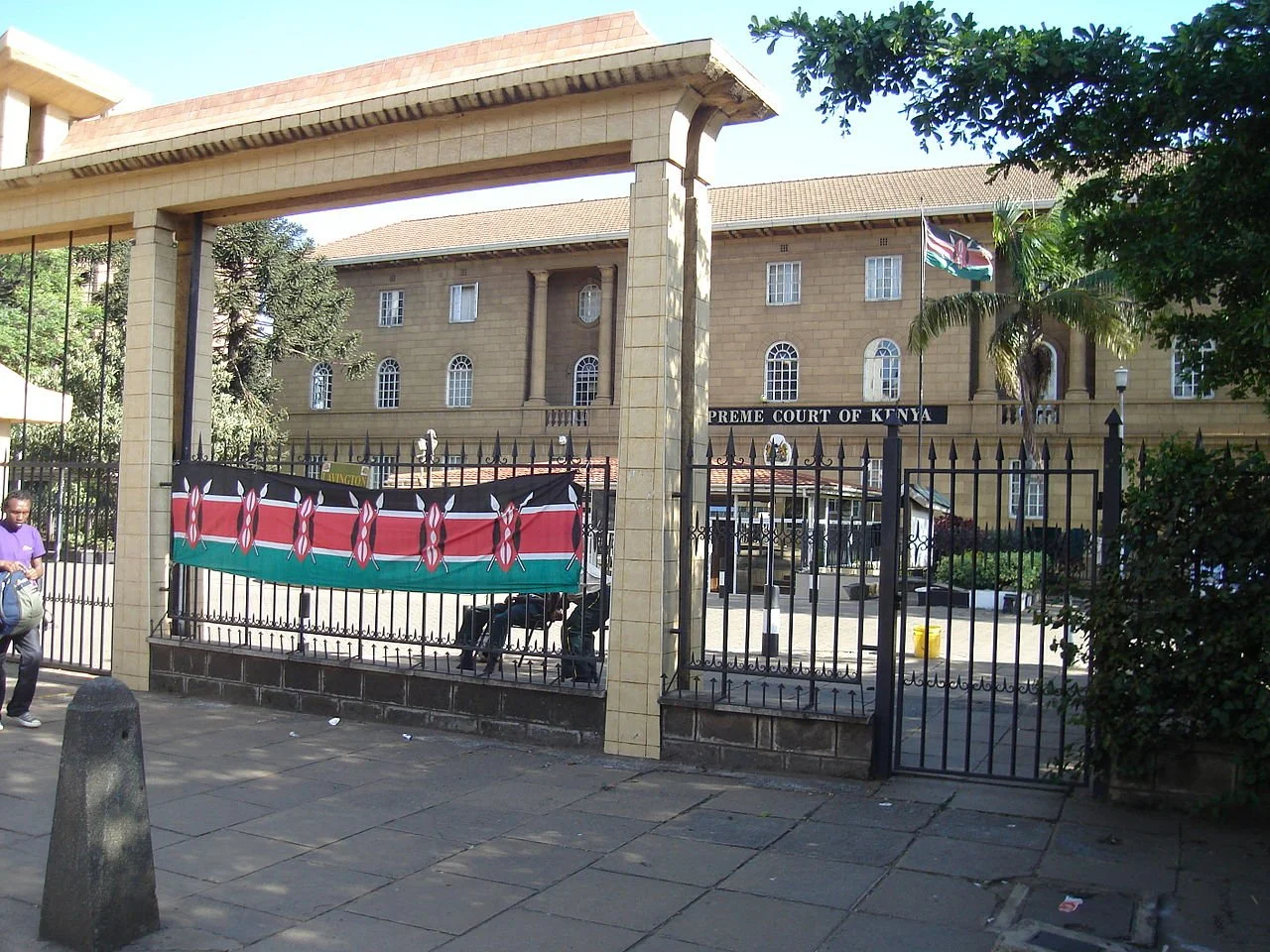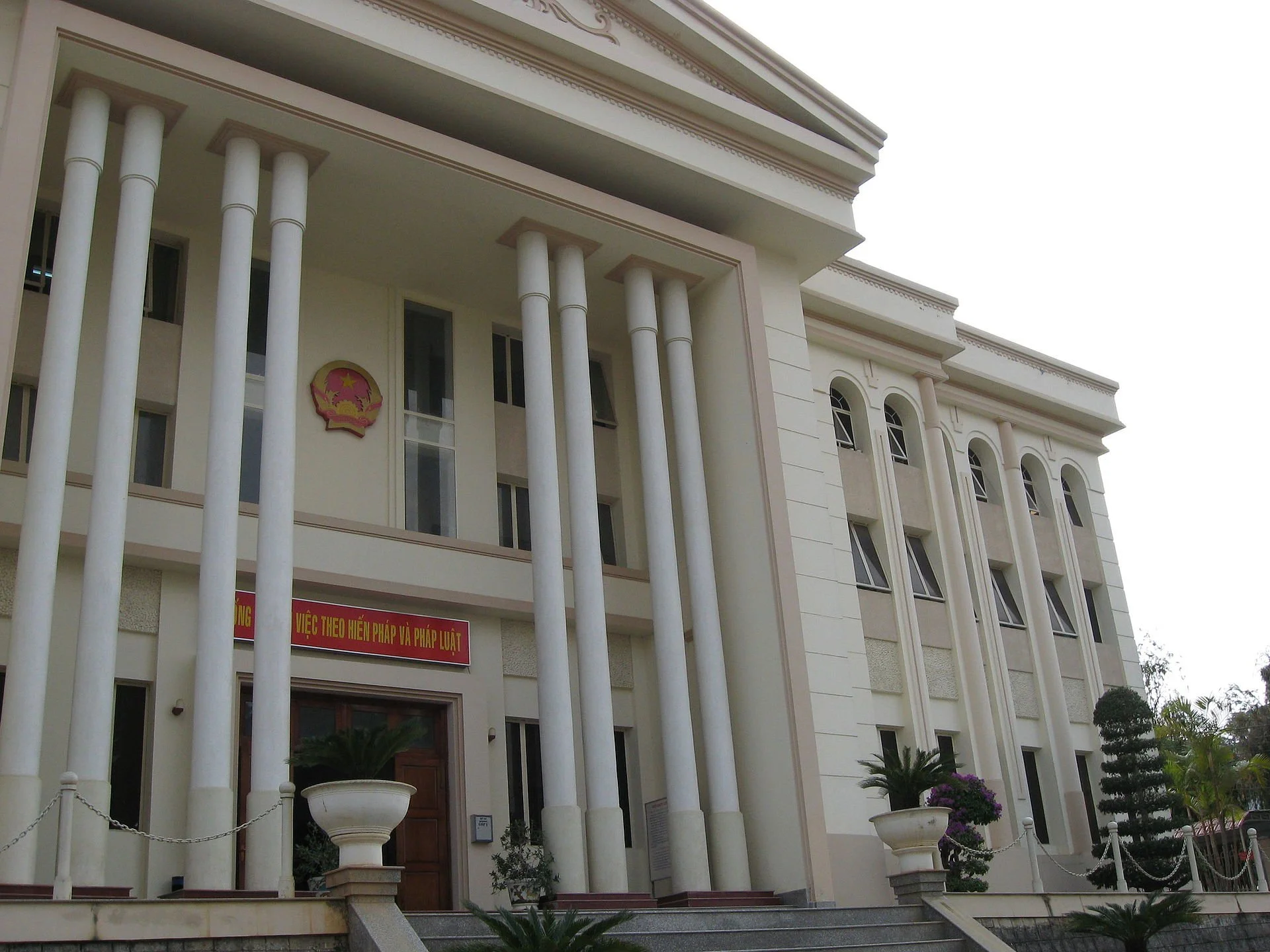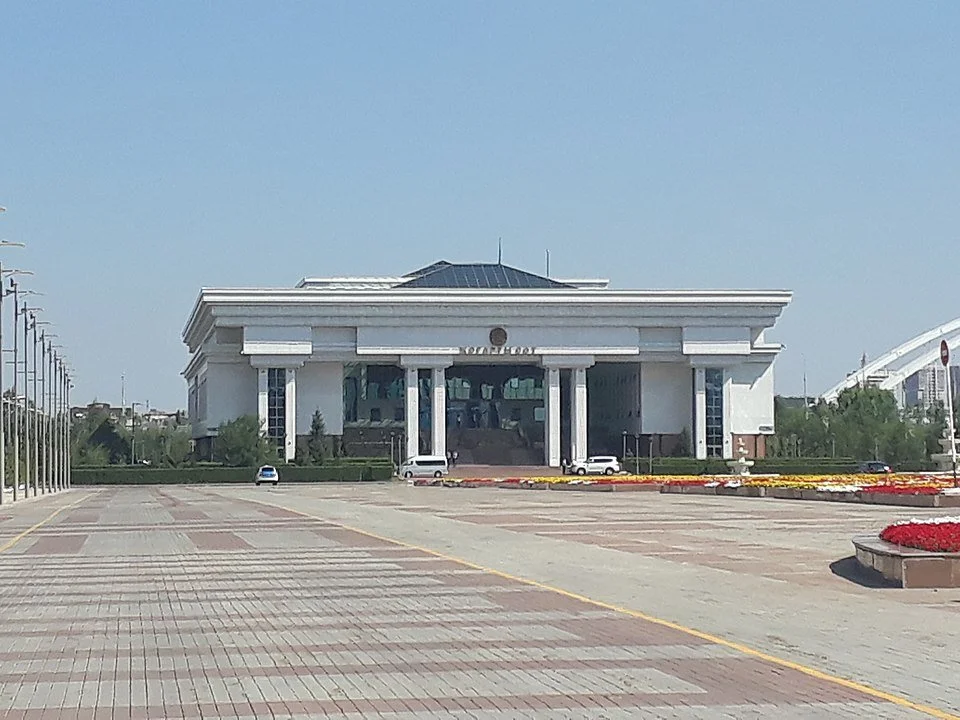Filtered by Category: Interviews
![Litigation in Iran]()
There is no pre-trial discovery in Iran. The first time a litigant sees opposing witnesses is at the trial before the judge. I can, however, use the electronic platform to review the documents opposing litigants submit to a court.
Read More
![Litigation in Italy]()
Lower-level courts often consult with the higher-level courts before trial to be assured that their judgments will not be appealed, which works quite well for simple disputes. But when it comes to complex disputes between large corporations, the lower-level courts cannot really issue an unappealable judgment.
Read More
![Litigation in Kenya]()
A strength of the Kenyan courts is the use of mediation. In an effort to maintain relations, the court often sends parties to Court Annexed Mediation, since it’s a faster route to resolve disputes. Another strength is that the parties are given a limited timeline to exchange documents, which prevents parties from dragging the case along.
Read More
![Litigation in Vietnam]()
Lower-level courts often consult with the higher-level courts before trial to be assured that their judgments will not be appealed, which works quite well for simple disputes. But when it comes to complex disputes between large corporations, the lower-level courts cannot really issue an unappealable judgment.
Read More
![Litigation in Kazakhstan]()
The strength of Kazakh courts for resolving commercial disputes lies in availability of various specialized courts. We have commercial courts for disputes between businesses, companies, and sole proprietors. We also have administrative courts for disputes between businesses, companies, and sole proprietors, on one hand, and governmental bodies, on the other hand.
Read More
![Litigation in Panama]()
There is no summary judgment or motions to dismiss. This is true, even if you challenge a lawsuit on the grounds of the statute of limitations or similar defenses. Instead, a defendant needs to litigate a case through its conclusion.
Read More
![Litigation in Indonesia]()
Indonesian courts are open to the public and ordinary people can watch a commercial trial. But there are some courts which are not open to the public. These include courts that hear family law cases or divorce cases.
Read More
![Litigation in Ancient Athens]()
There were no rules of evidence. Instead, each litigant at trial gave a speech and it was somewhat freeform, a little like Judge Judy. These speeches included matters that may not be technically relevant to the case, such as character attacks, their adversary’s past crimes, or their own altruistic work.
Read More
![Litigation in South Africa]()
South African courts cite UK contract law and UK’s rules for evidence. They do this because UK law offers a large body of precedent that courts can follow. They also do this because a lot of the laws and rules in South Africa come from the UK system, since those laws stayed entrenched in the country when it became independent from the UK.
Read More
![Litigation in Classical Rome]()
The true “expenses” of Roman litigation were in time and reputation. There were no filing fees and such. Advocates in Rome did not typically charge fees: advocacy was provided as part of a system of patronage, friendship, and professional ambition.
Read More
![Litigation in Poland]()
In Poland there is an unusual division between attorneys-at-law (in Polish: “radcowie prawni”) and advocates (in Polish: “adwokaci”). Currently, both professions have identical competences, including representing clients before all the courts, a path to the professions is similar and it is easy to change the profession between them. The reasons of this division have mainly historical character. From the client's point of view, it does not matter whether he or she cooperates with an attorney-at-law or with an advocate.
Read More
![Employment Litigation in Spain]()
Labor cases are resolved fairly quickly, especially those involving layoffs. Normally the conciliation occurs within a month, and if there is no agreement between one and three months there is a trial.
Read More











